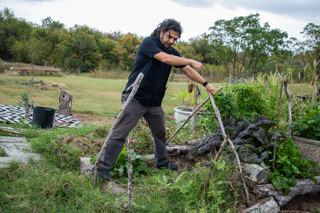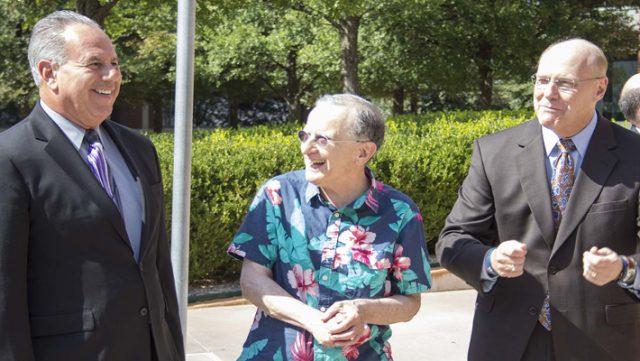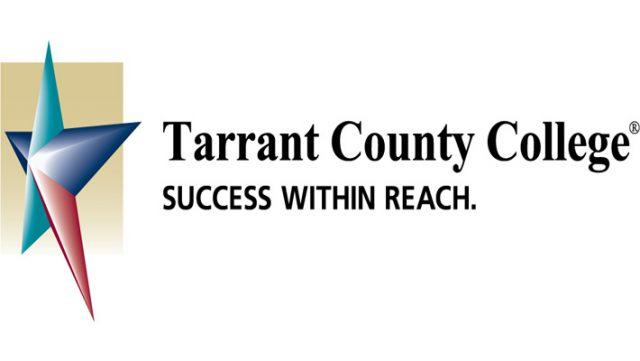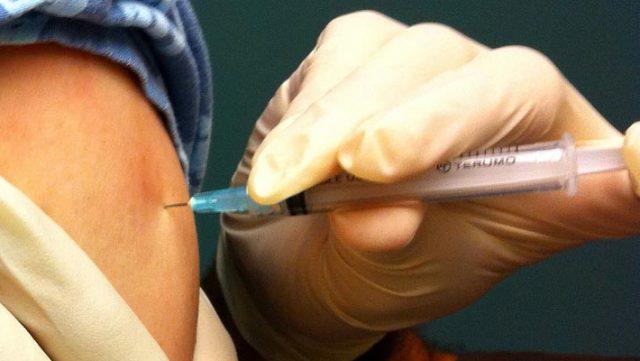By Katelyn Needham/ campus editor
Eating healthier just got a whole lot simpler for SE students and faculty.
The culinary arts department opened the Dietetic Program Center Sept. 14. The center is home to the program’s simulation lab and to free nutrition counseling for TCC students, faculty and staff.
“Our whole goal is to facilitate a learning experience for the dietetic technician students,” dietetic learning center manager Amy Wan said. “Nutrition is a big trend nowadays, and I see great potential for them to develop in this career.”
Nutrition counseling requires participants to go through a screening process. To meet the scope of practice, students can see only people with a low-to-moderate risk but will refer higher-risk patients.
“The counseling is a part of the community practicum for students,” Wan said. “The students come in groups of two, and they provide the service under my supervision. The participants are required to fill out a request form. Afterward, we will call them within five days, and that’s when the screening process begins. It’s a seven-question questionnaire over the phone, but they can come in and meet with us as well.”
The students will measure the height and weight of the participant and encourage that person to bring any available recent lab work. Oxygen level, temperature and blood pressure will also be taken. Body composition analysis is also offered.
“When I got to college, my eating habits went to the rough side,” SE student Jennifer Kohutek said. “Financial and time constraints and everything else, I didn’t have the proper tools. But if they can get to a program like what we offer here, they can get guidance on how to fix that. We can calculate your calorie and protein needs, so students have a good benchmark for what they need to eat.”
The dietetic program is the only accredited one in Texas and one of the only programs that has a fully functional simulation lab with real people, dietetics coordinator and instructor Christina Liew-Newville said.
“We reviewed the nursing program’s model of using high-functioning manikins to provide simulation experience,” she said. “Since nutrition interviewing and counseling skills are more important to our dietetics, we decided to go with standardized patients who would be trained to act as patients for students.”
Two SE students have been hired to work in the lab as actors for the simulations.
“I think this is an incredible opportunity,” Kohutek said. “It really gives us practical application of what we learned, and that can be really challenging. The case studies in class are very clean so to speak. All the information is provided and clear. In the real world, that’s not always the case.”
























